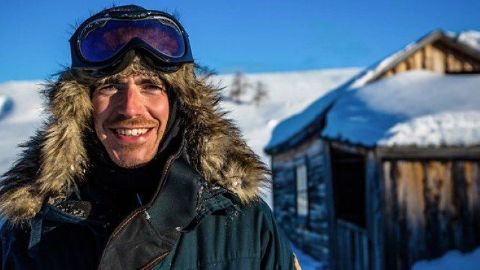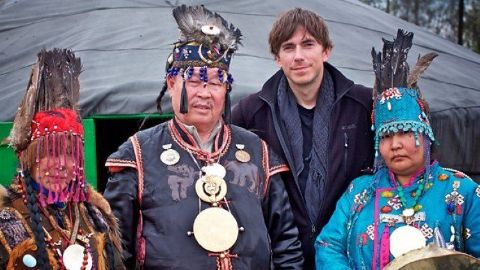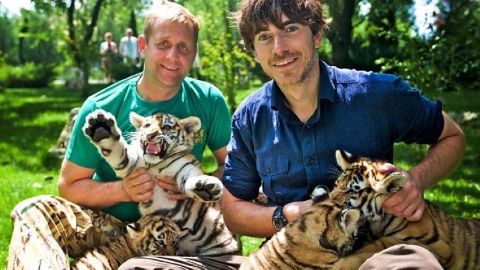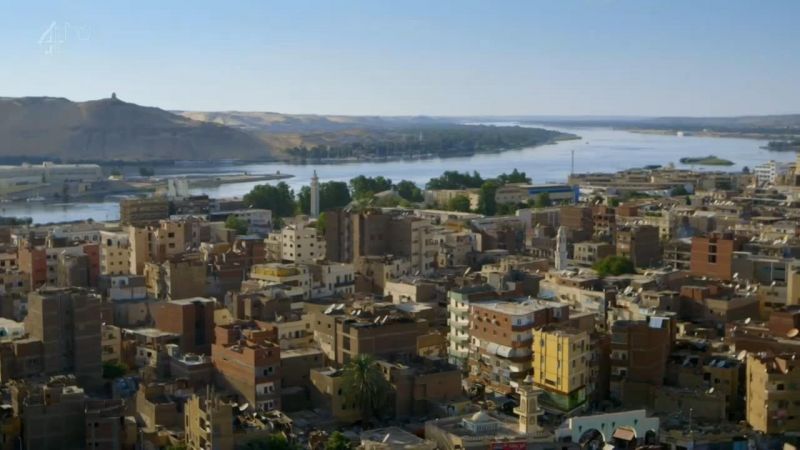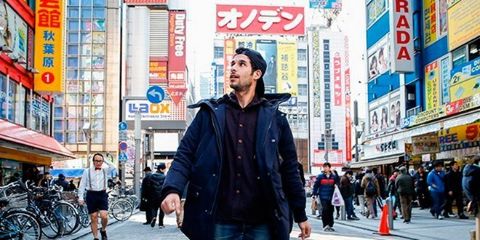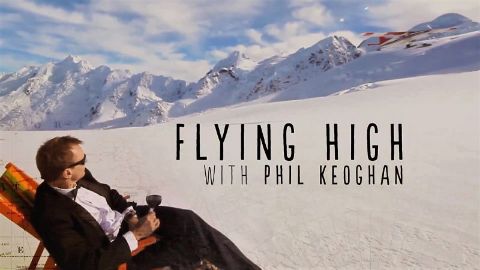Part 3 • 2017 • episode "S1E3" • Russia with Simon Reeve
The third leg takes him from the illegally annexed peninsula of Crimea to the historic Baltic city of St Petersburg. Crimea is part of neighbouring Ukraine but was annexed by Russia in 2014. President Putin's government is investing heavily in the illegally occupied territory - building a huge bridge linking Crimea to Russia. Simon meets the eccentric and fearless owner of a safari park who likes to get up close and personal with his pride of lions. The owner is struggling to get water to his park after a canal that supplied much of Crimea's water was shut off by the Ukraine. And it is not just the lions that are affected - the diminishing water supplies are now beginning to threaten a humanitarian crisis.
Make a donation
Buy a brother a hot coffee? Or a cold beer?
Hope you're finding these documentaries fascinating and eye-opening. It's just me, working hard behind the scenes to bring you this enriching content.
Running and maintaining a website like this takes time and resources. That's why I'm reaching out to you. If you appreciate what I do and would like to support my efforts, would you consider "buying me a coffee"?
Donation addresses
BTC: bc1q8ldskxh4x9qnddhcrgcun8rtvddeldm2a07r2v
ETH: 0x5CCAAA1afc5c5D814129d99277dDb5A979672116
With your donation through , you can show your appreciation and help me keep this project going. Every contribution, no matter how small, makes a significant impact. It goes directly towards covering server costs.
